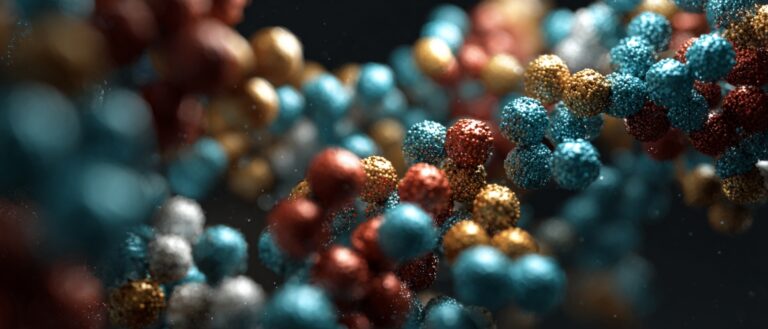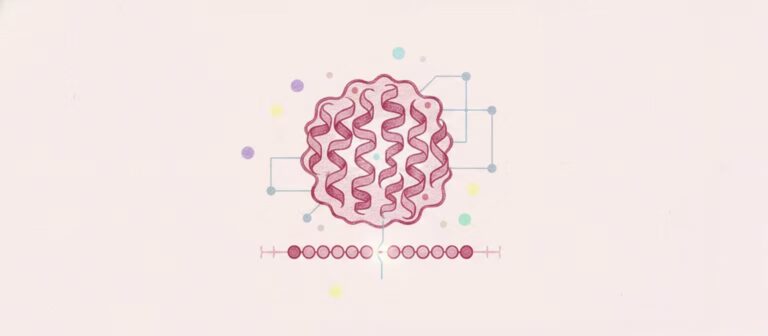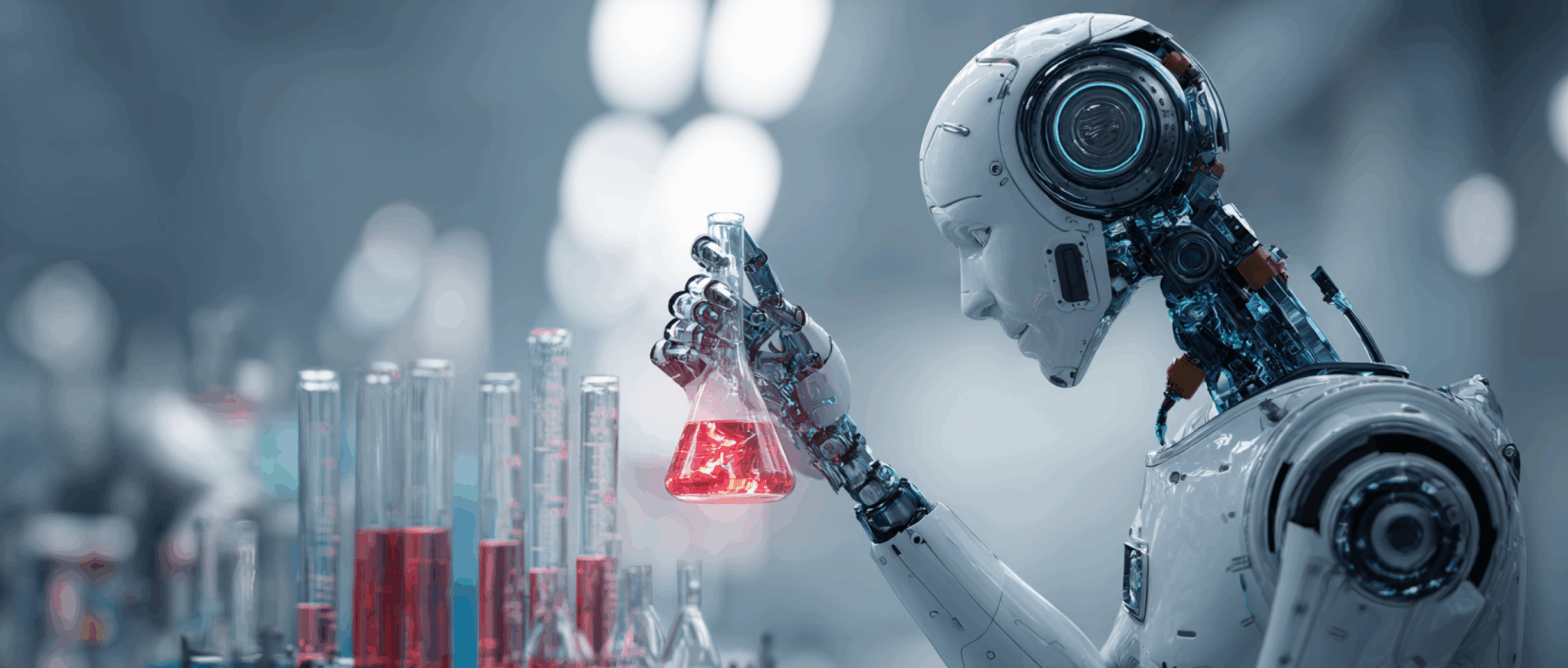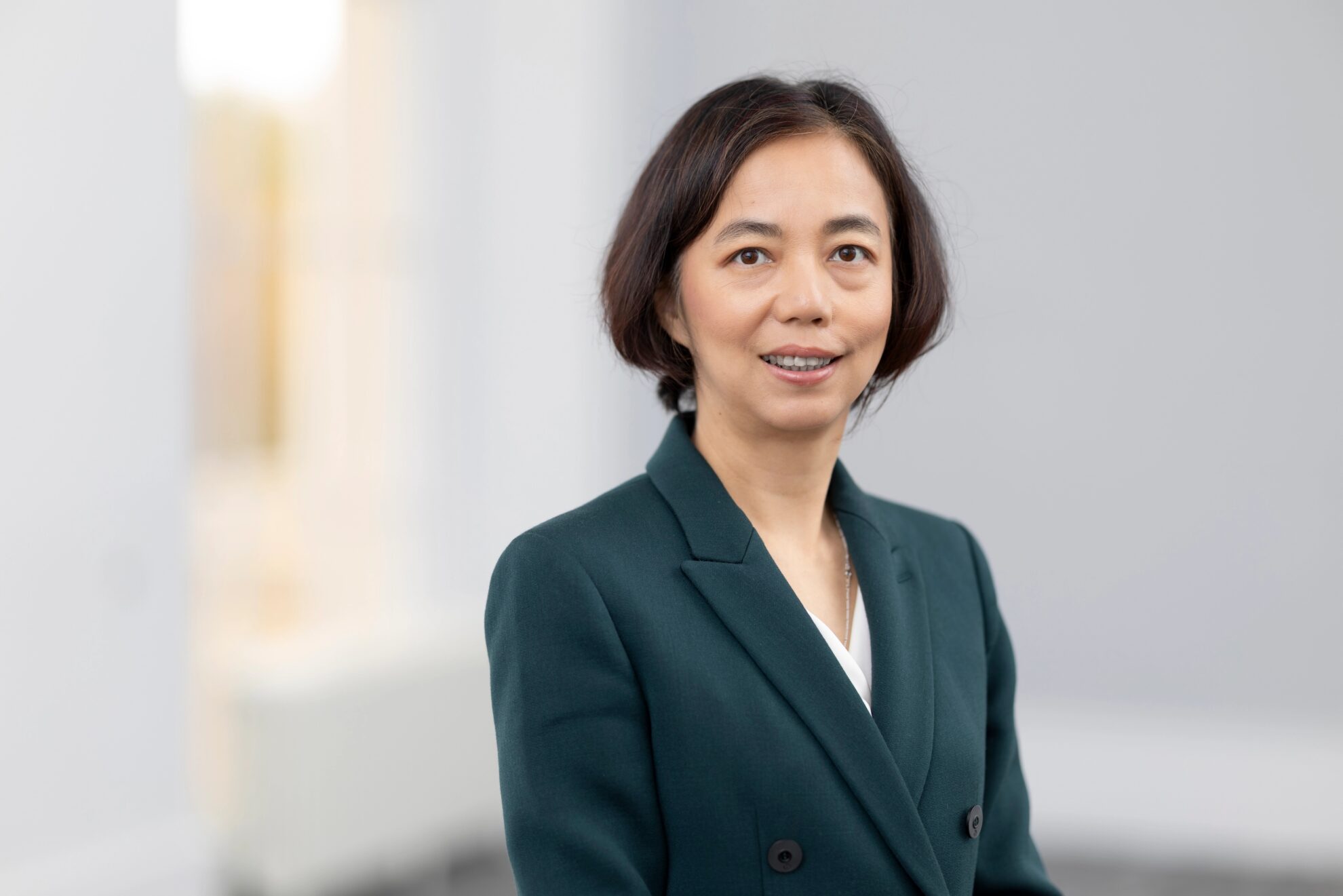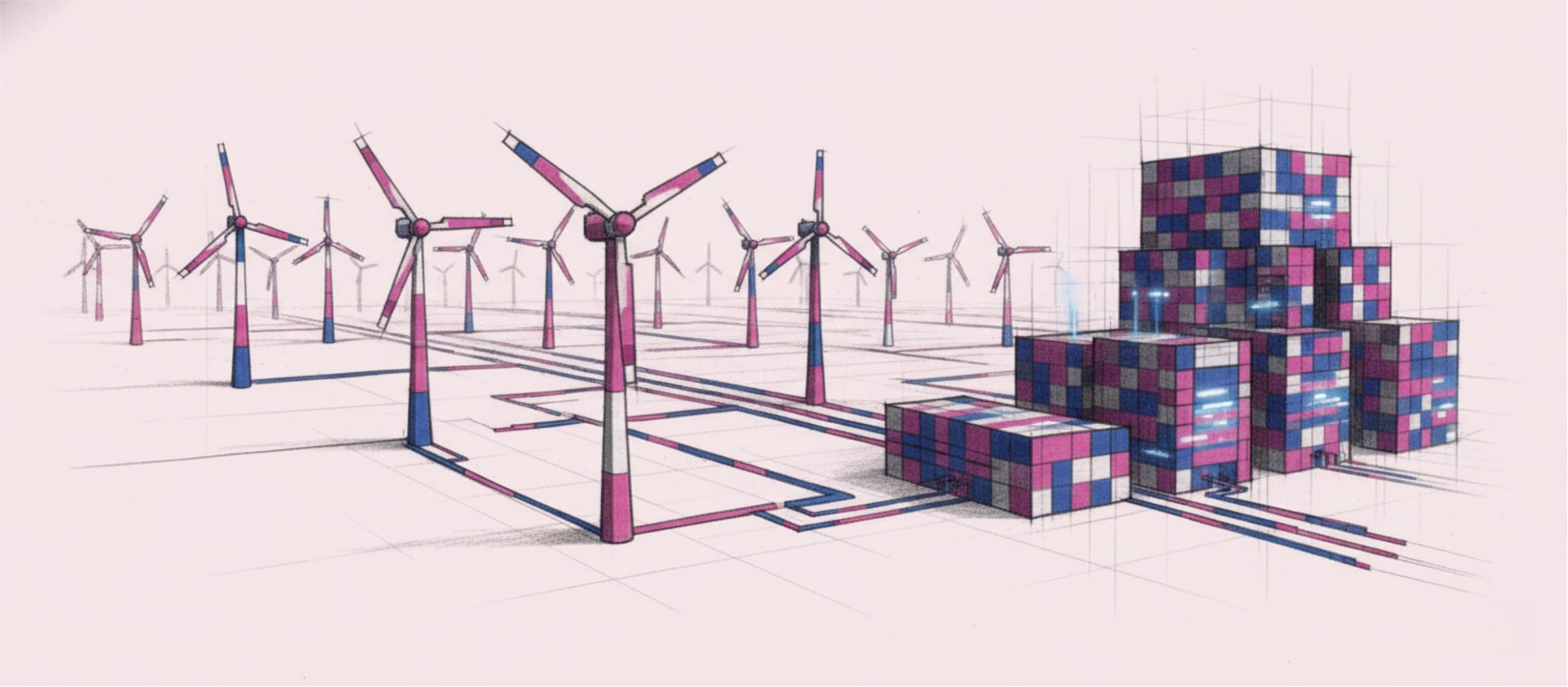Command Palette
Search for a command to run...
CASP May Be Discontinued! The Future of the Protein Structure Prediction Competition Is Uncertain Due to NIH's Funding Cut
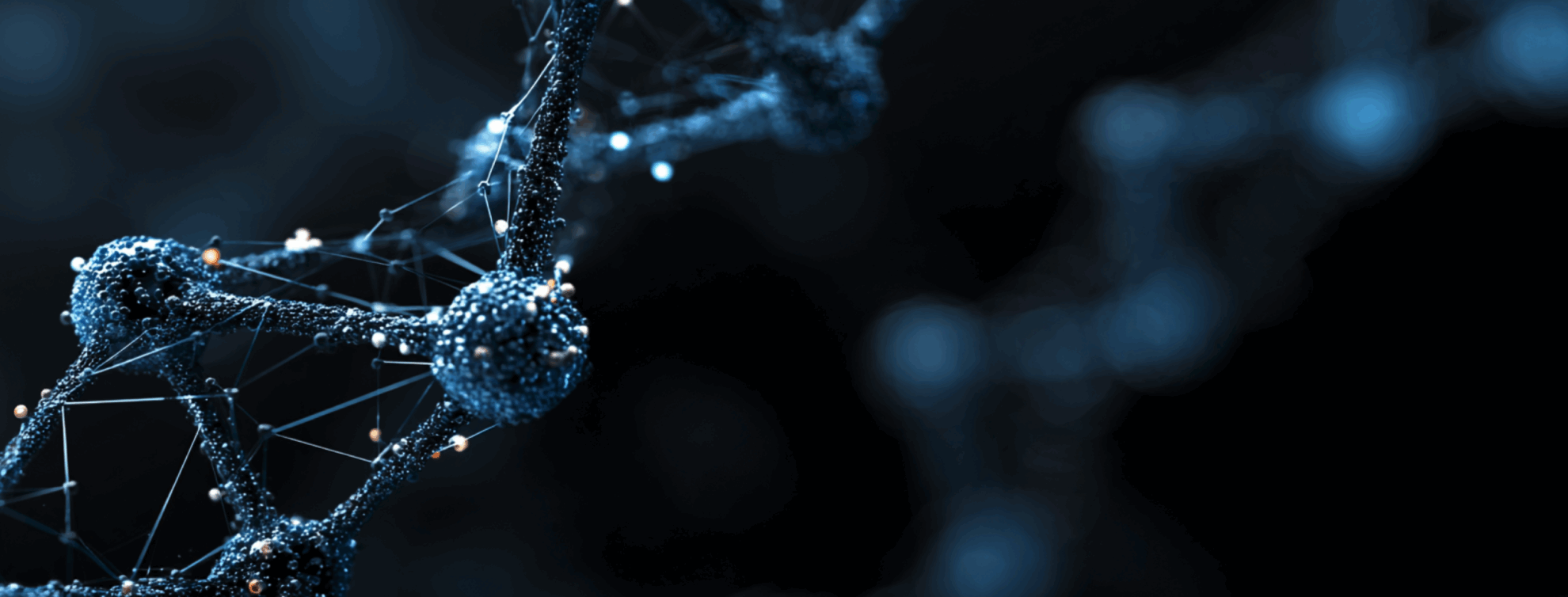
A competition called "Critical Assessment of Protein Structure Prediction" is at risk of being discontinued——It was the CASP, the industry-leading competition in which AlphaFold won the championship.
On July 2, Eastern Time, Science published an exclusive report saying that the funding from the National Institutes of Health (NIH) for CASP has been exhausted, and although the University of California Davis (UC Davis), which manages the project funds, has provided emergency support, it will also be exhausted on August 8, and CASP is facing the crisis of suspension. CASP Director Krzysztof Fidelis said that he had just received a 45-day termination notice from UC Davis last week.
It is reported that,CASP organizers submitted an $800,000 renewal application last year.The event organizers are currently urgently seeking alternative funding sources from foundations and other countries, said John Moult, co-founder of CASP and professor at the University of Maryland.
"If CASP is discontinued, it will be a great loss to the biological science community."Jianlin Cheng, a protein modeling expert at the University of Missouri, said, "CASP is the most successful and prestigious scientific competition in the world. This competition not only promotes AI projects such as RosettaFold and Google DeepMind's AlphaFold, but also continues to expand its scope of competition topics, such as conducting prediction competitions on how drug molecules bind to protein targets, which is crucial for the development of new drugs. It can be said that CASP continues to have a profound impact on many fields of scientific research."
16 events in 30 years, witnessing the rise of the industry
As an international competition held every two years, CASP, which was first held in 1994, has witnessed countless important industry achievements in more than 30 years and has well reflected the development trends in the field of biology.
The core of this competition is to independently evaluate the ability of various computational models to solve protein folding problems.That is, predicting how a linear amino acid chain folds into a three-dimensional structure with a specific function. Contestants need to predict the structural model of a protein based only on its amino acid sequence without experimental data. These predictions will then be compared with the actual structures resolved in the laboratory through methods such as X-ray crystallography or cryo-electron microscopy to assess their accuracy.
Initially, this task was extremely difficult, and research teams involved in protein structure prediction often claimed to have made major breakthroughs. The goal of CASP was to provide a fair and open platform for direct comparison of all prediction methods to find technical approaches with better actual results, thereby promoting the development of this field. As Nick Grishin, a biochemist at the University of Texas Southwestern Medical Center, said, "Everyone thinks their method is the best, and this is human nature.When various methods are truly put on the same stage, we can see where they fail, and it is these failures that drive the progress of science."
Looking back at the development of the competition over the past few decades, strict blind test standards and community review mechanisms were established in 1994, and then two tracks, Free Modeling and Template-based Modeling, were introduced in 2006 to promote the development of algorithm diversity. In 2018, Google DeepMind brought the first generation of AlphaFold to CASP13, which attracted widespread attention. Two years later, DeepMind participated in the competition again, and AlphaFold2 amazed the audience. Its prediction accuracy was close to the experimental structure for the first time, causing a global shock and was considered to have "basically solved the problem of protein structure prediction."
Professor Zheng Wei of Nankai University, who has participated in the CASP competition many times, once commented in an exclusive interview with HyperAI, "AlphaFold2 has well integrated the high-quality results and experience of the academic research team in the past, and invested more energy in model training to find the optimal solution. The performance of AlphaFold2 is really eye-opening."
AlphaFold2's success has also, to some extent, pushed this industry-recognized technology development trendsetter to a broader stage. Especially after the 2023 Nobel Prize was awarded to David Baker, Demis Hassabis, and John M. Jumper, the popularity of AI for Science has soared, and the competition in CASP has become more intense.
According to Professor Zheng Wei, who participated in CASP16 and won multiple championships, this year's competition is "more competitive and more difficult than before." First, there are significantly more participating teams than in previous years.“This year should be the year with the largest number of participating teams since the competition was launched.And it is mainly concentrated in the academic community, with many experienced old CASPers attending, so the overall competition is very fierce." Secondly, the difficulty of the competition has increased. On the one hand, it symbolizes the overall technical improvement in the field of protein structure prediction, and on the other hand, it also confirms that the industry needs are clearer, so this year's competition "is more inclined to practical biological problems."
It was reported that in CASP16,209 teams from around the world not only challenged the structural prediction of a single protein,We also attempt to resolve more complex three-dimensional structures such as RNA molecules, protein complexes, drug-protein conjugates, and the multiple conformations that disordered proteins may present.
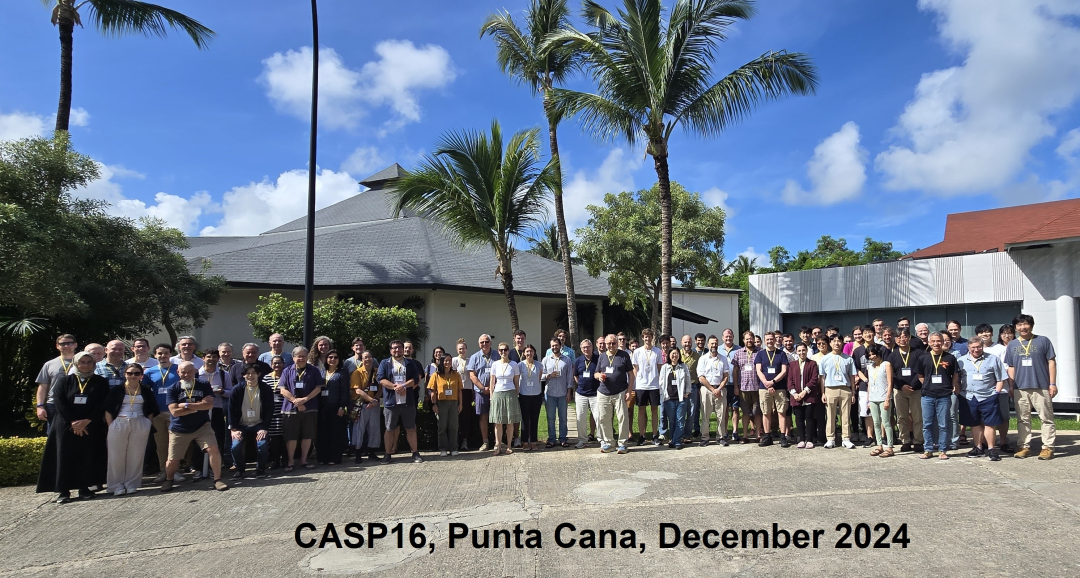
As usual, a new CASP competition will be held in 2026. However, due to the NIH's "cut-off", the future of this industry competition with such high gold content is full of uncertainty. If the NIH does not respond for a long time, can other institutions or companies lend a helping hand?
Netizens call on DeepMind to step forward
As we all know, since taking office as the head of the U.S. Department of Government Efficiency (DOGE) in January 2025, Musk has begun to drastically cut federal government spending, closing agencies, laying off employees, eliminating contracts... Nearly 30 government agencies, including the United States Agency for International Development (USAID), the National Institutes of Health (NIH), the Ministry of Education, the National Science Foundation (NSF), and the National Aeronautics and Space Administration (NASA), have been affected, which has also indirectly affected normal research in science, medicine and other fields.
To date, although Musk has gradually withdrawn from DOGE and NIH has claimed that it will resume funding for about 900 funded projects, the aftermath has not yet subsided, and it is still unknown whether CASP can continue to receive funding. This matter has also attracted widespread attention from industry insiders. Sergey Ovchinnikov, an assistant professor in the Department of Biology at the Massachusetts Institute of Technology, forwarded the Science report on his personal social account.He called on "is there anyone with enough money who is willing to support this perhaps the most important competition of the century?"
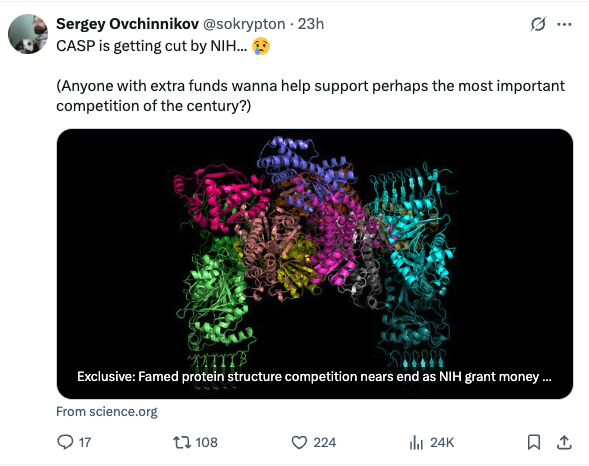
Among the suggestions in the comment section, some people thought of Stripe CEO Patrick Collison, some called out to Demis Hassabis and John M. Jumper, and some even directly pointed out that "DeepMind should donate generously."
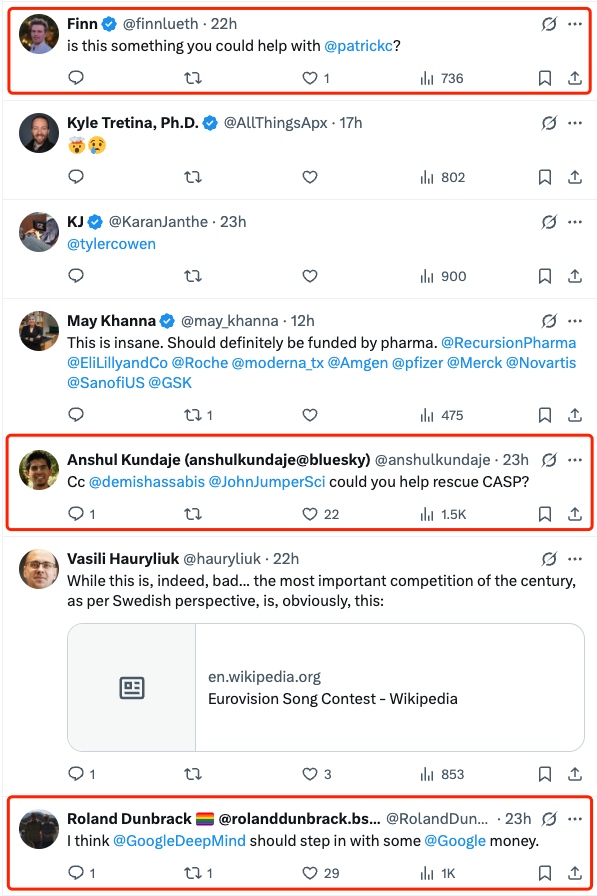
Biologist Roland Dunbrack from DUNBRACK LAB directly named Google and DeepMind for funding CASP, saying that it has sufficient resources "and has benefited greatly from the efforts of John Moult, Krzysztof Fidelis, Andriy Kryshtafovych, Nick Grishin and others."
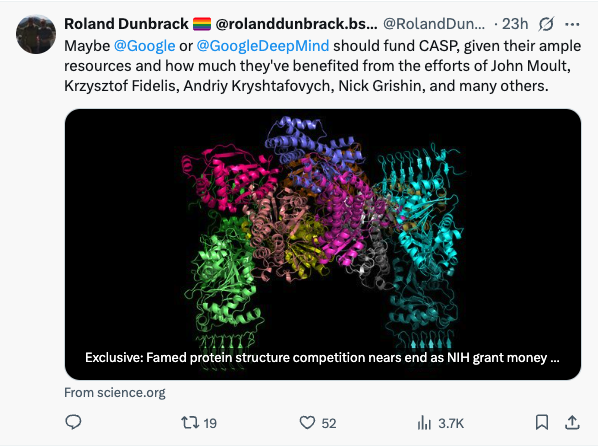
Roland Dunbrack directly calls on Google and DeepMind to fund CASP
Indeed, companies such as Google, which are well-funded and highly recognized for the development potential of AI for Science, are indeed the best choice for CASP. But on the other hand, when the funding comes from companies, it may also give rise to a series of challenges and risks - can the fairness of this competition be properly guaranteed? In terms of the selection of competition topics, are they loyal to the development trend of the industry, or are they biased towards the direction of corporate and capital betting?
At present, the direction of CASP is still unclear. We sincerely hope that this competition, which has supported many milestone achievements, can continue to guide the development direction of the industry.
References:
